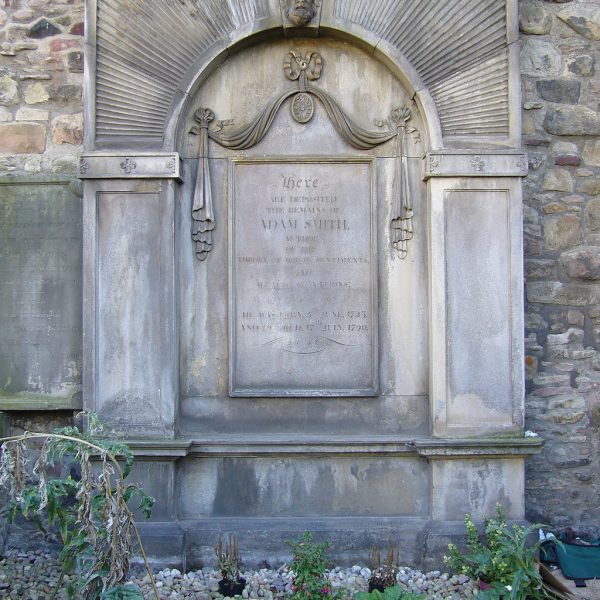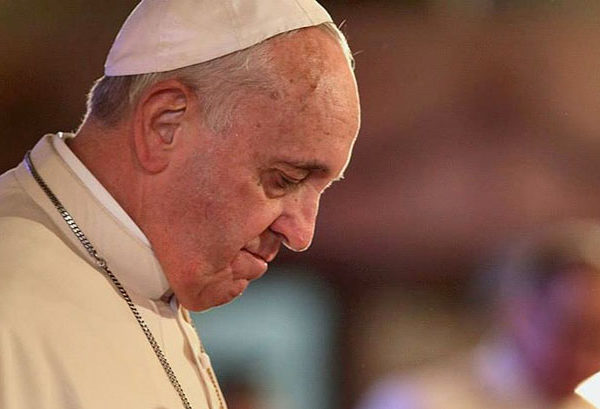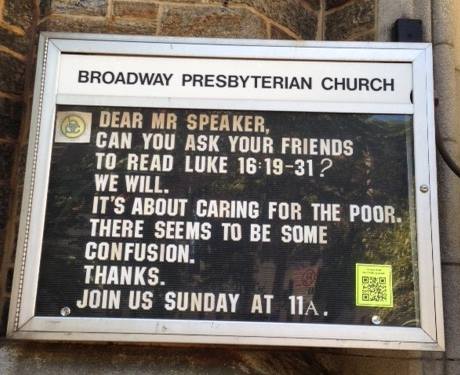
By the end of that first week our operations shifted and many of our staff, including myself, were set up in a senior center in Queens getting ready to boost our food distributions and our senior grab-and-go grocery bags. During that week we began to anticipate two major developments of this pandemic: the public health crisis and the ensuing economic hardship.
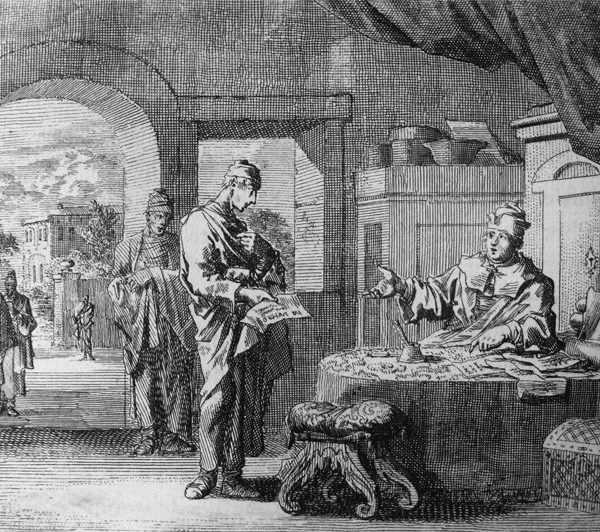
As in the case of the unjust steward in Luke 16, a radical change in our handling of money is required, if we are to survive the great day of accounting that is to come. We must use the limited time and opportunity remaining to us to escape the clutches of our greed and expend our dirty money to pursue true and incorruptible riches.
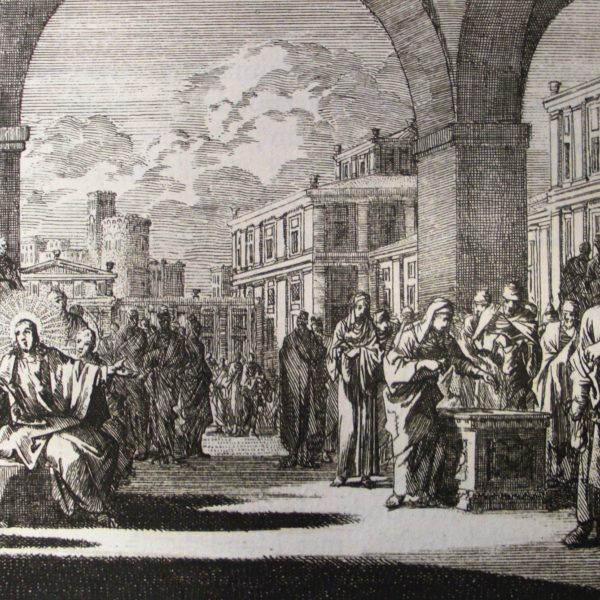
Often misread as a statement in praise of ‘sacrificial’ giving, Jesus’ observation concerning the widow’s offering at the temple is designed to condemn exploitative structures that prey upon the most vulnerable. We should not be able to read this account without reflecting upon comparable systems of economic injustice in our own day.
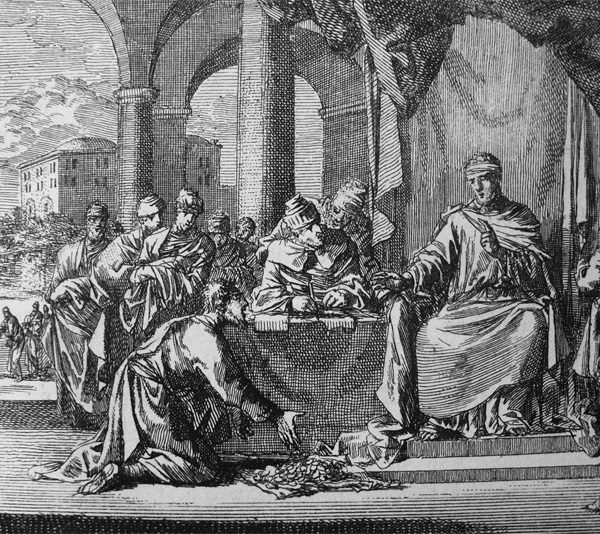
Although a superficial reading might suggest a straightforward interpretation of the Parable of the Talents, closer examination reveals troubling contradictions between this interpretation and the broader teaching of the gospel. Reading it as a descriptive parable of economic injustice provides us with a more satisfying, albeit grim, alternative interpretation.

In Jesus’ parable of the day laborers on the vineyard, we encounter two competing views of what constitutes just compensation, one determined by ‘fairness’ and the other by need. In its commitment to the human-centered “economics of need,” the Reign of God teaches us to value work—and the worker—in a new way.

Isaiah offers us a startling vision of a society beyond scarcity and gross inequalities of wealth, leading to a subversion of all our economic logic. If we are prepared to re-conceive our world as a divine gift to all, we will be prepared to work towards a day when no one is excluded from God’s bounty.
